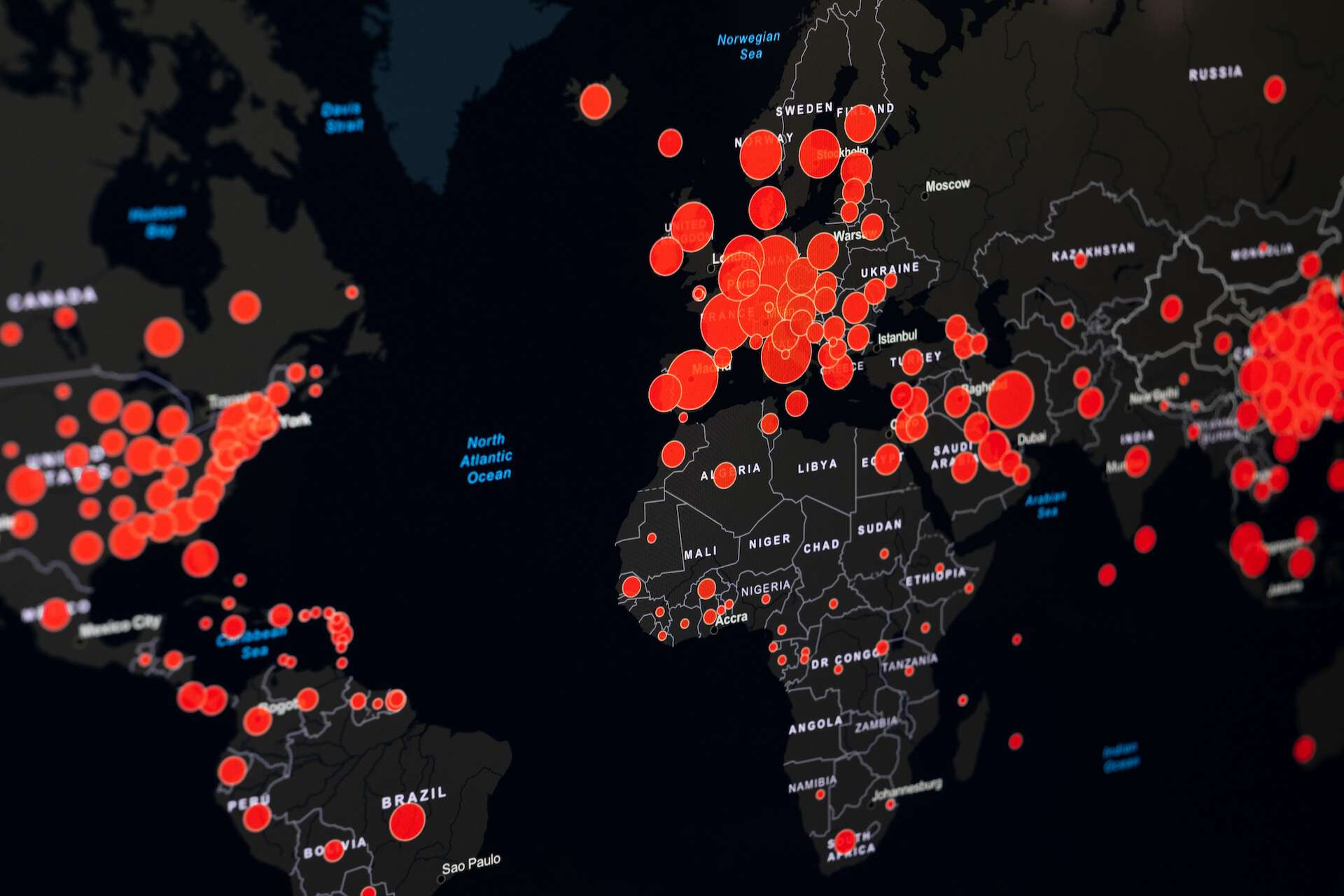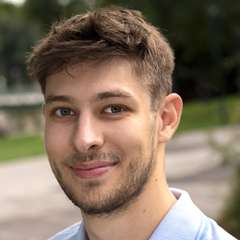Covid-19: what measures are important now

The SARS-CoV-19 virus has already infected 35 million people worldwide and claimed over one million lives (as of 09.11.20). With winter approaching and a "second wave" approaching, measures and strategies are now required to prevent further spread and overloading of hospitals. To this end, it is important to incorporate current research findings in order to be optimally prepared for the months ahead.
Spread of SARS-CoV-19
The virus spreads through droplets and aerosols during close human contact. Over longer distances, the pathogen can also spread in poorly ventilated spaces. The high infectivity combined with a population that did not yet have an immune response to the virus led to rapid spread worldwide. It is now known that the lethality of Covid-19 is many times higher than that of common flu. Furthermore, the disease can cause severe sequelae not only in the elderly but also in younger healthy people. It is not yet clear how long immunity lasts after an illness. There are indications of reinfections with the virus, but the frequency of new illnesses is still unknown. Transmission of the virus can be prevented with measures such as social distancing, the use of a mouth/nose mask, regular hand disinfection and by avoiding large crowds and poorly ventilated areas.
Global measures
The first lockdown successfully mitigated the first wave. According to most experts, this was essential to keep health systems from collapsing and to significantly minimize mortality. However, the lockdown also had a severe impact on the social life and health of the population as well as on the economy. This, combined with the difficult challenges that lie ahead, has led to rising resentment and demoralization among the population. There are repeated calls for a herd immunity approach. The virus is supposed to spread uncontrollably in the non-risk groups of the population in order to protect the risk groups.
However, this assumption lacks any scientific facts. It is now known that the uncontrolled contamination of the younger social classes inevitably increases mortality in the population as a whole considerably. In addition to the human lives this approach would claim, the economy and health care system would also be greatly affected by the loss of manpower. Furthermore, there is no evidence of lasting immunity to the virus. Additionally, there are ethical concerns. Accurately delineating a group at risk is extremely difficult, and in some regions the proportion at risk is no less than 30%. Isolating such a large proportion of the population is not only practically impossible, but also morally reprehensible. Such isolation would also contribute even more to the already existing social dislocations.
In Europe, the USA, and many other countries around the world, we are now seeing a rapid increase in the number of cases, which is why rapid and decisive action is now needed. Wide-ranging measures accompanied by mass testing are now important to effectively stop the spread.
Japan, Vietnam and New Zealand have shown that with a decisive and rapid response, the spread of the virus can be controlled and a path to near-normal life is possible. The facts are clear: the task now is to prevent the spread of the pathogen quickly and with all available means until suitable vaccines and drugs are available.
Sources:
https://www.thelancet.com/journals/lancet/article/PIIS0140-6736(20)32153-X/fulltext?fbclid=IwAR2bhomMBdFok2WQ-IzRQIfRhbHrNS4Kzqw8SqmALQW6UUp9rlyxr7YMvOM

Markus Falkenstätter, BSc
Last updated on 29.10.2020
Your personal medication assistant
Browse our extensive database of medications from A-Z, including effects, side effects, and dosage.
All active ingredients with their effects, applications, and side effects, as well as the medications they are contained in.
Symptoms, causes, and treatments for common diseases and injuries.
The presented content does not replace the original package insert of the medication, especially regarding the dosage and effects of individual products. We cannot assume liability for the accuracy of the data, as the data has been partially converted automatically. Always consult a doctor for diagnoses and other health-related questions.
© medikamio